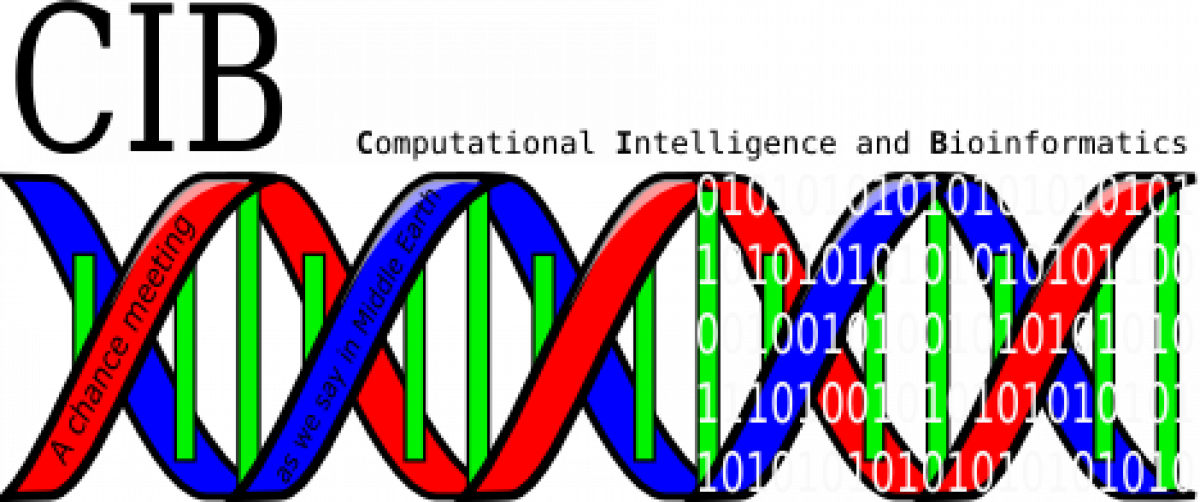Abstract: Multilabel classification has recently attracted considerable attention from the data mining research community. Multilabel classification is concerned with learning where each instance can be associated with multiple classes (or labels). Multilabel classification has multiple applications in fields such as text categorization, automatic annotation of multimedia contents, web mining, rule mining, cheminformatics, medicine, bioinformatics, text categorization, and information retrieval. One of the characteristics of many multilabel problems is the low density of relevant labels. This fact makes the classification problem challenging, as there is only sparse evidence to predict most labels. In this paper, we propose a new method for improving the performance of any multilabel method using a label repopulation strategy. We assume that denser datasets may improve the performance of the algorithms. This assumption is based on the fact that adding new labels may make the learning of the separation surfaces easier; we do not assume that the added labels correspond to actual relevant labels absent from the dataset due to erroneous labeling. Given the uncertainty of which new relevant labels could enhance the learned models, we approach the task as an optimization problem, utilizing evolutionary algorithms as a soft computing technique to identify the optimal set of new labels that can enhance the performance of the classification methods. An extensive comparison using 45 datasets and nine different classification models demonstrates the advantageous performance of our approach.
CIB - Computational Intelligence and Bioinformatics Research Group
University of Cordoba – Cordoba, Spain
